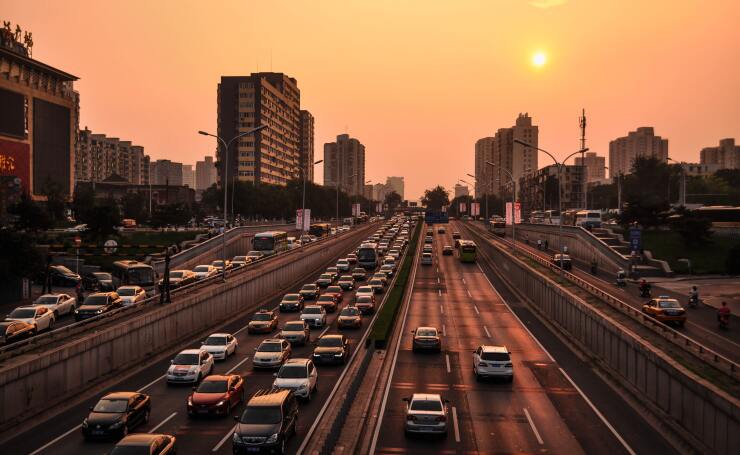The economic fallout from the prolonged COVID-19 pandemic is clear: disruptions to just about every economic sector, from loans to manufacturing to employment. One area that has surprised market professionals, auto asset-backed securities (ABS), whose resilience has exceeded market expectations up to this point.
Government assistance to consumers in the form of forbearances, foreclosure moratoriums, unemployment insurance, and stimulus checks buoyed the auto industry during the pandemic. Private sector creditors, including banks, credit card companies and car insurance companies, offered additional support to consumers.
Bolstered by the financial support, consumers prioritized paying down outstanding loans, while others increased their savings. This fiscal strategy put consumers in a stronger credit position than they had been in prior recessions.
For instance, as of late June, 2.0% of all outstanding consumer debt was in some stage of delinquency, more than half a percentage decrease from Q4 2019, according to DBRS Morningstar analysts, who also cited data from the Federal Reserve Bank of New York at a recent webinar, “The Current State of the U.S. Auto ABS Market and U.S. Auto Finance Companies.”
Broken down by sectors, the 90-day plus delinquency transition rate – which measures the flow of balances that reach certain delinquency rates for the first time – was 5%. For consumer credit card accounts, the rate was 9.8%; and for student loans, 7%, researchers said, crediting the low rates to forbearance programs on the consumer.
Defaults fell in both the vintage prime and vintage subprime auto sectors, with gross charge-off rates declining in 2020 and 2021, compared with previous years, analysts said.
Chip shortages drive demand
Analysts cited a litany of reasons for their current positive outlook on the auto ABS sector, starting with the very pragmatic: they needed to get to work relatively safely. During the pandemic, many hourly workers in sectors such as construction and hospitality shunned public transportation to avoid enclosed public spaces and the risk of infection, opting to use personal cars.
This led to an increase in demand for cars that spiked when restrictions eventually loosened, and the economy slowly got on its feet again. Just as social and economic activity resumed in the U.S., however, fresh COVID-19 outbreaks around semiconductor facilities in Taiwan and Malaysia, plus infections near busy ports in southern China disrupted the auto sector's ability to finish manufacturing and deliver new cars. This increased demand pressure – and prices – on used cars. Also, since June 2020, consumers held onto their cars longer, reducing the number of available trade-ins.
Expect normalization
Although consumers surpassed analysts’ expectations, DBRS stopped short of making an optimistic forecast for the sector in the near future.
Also, used vehicle values will likely remain strong, but analysts expect to see a drop as the supply chains that produce semiconductor chips and new vehicles normalize.
As the government stimulus phases out, analysts warn, present consumer credit strength might weaken. Historic patterns in delinquencies and monthly gross losses have already begun to reemerge.
With the Delta variant surging across America, the economic recovery is still fragile. Consumers might not be able to pay off their debt without further government assistance, because of elevated unemployment rates and high costs of living, according to the “U.S. Auto Loan ABS Performance to Step Off the Gas but Keep Humming Along,” commentary report distributed by Morningstar.
“Under this scenario, we would expect to see an increase in auto loan delinquencies and defaults,” the report said. “Nonetheless, we project stable retail auto loan ABS ratings because of the deleverating nature of the structures and structural protections.”
“We do not expect it to get worse than 2019,” said Ines Beato, senior vice president, US ABS Global Structured Finance for DBRS Morningstar.





